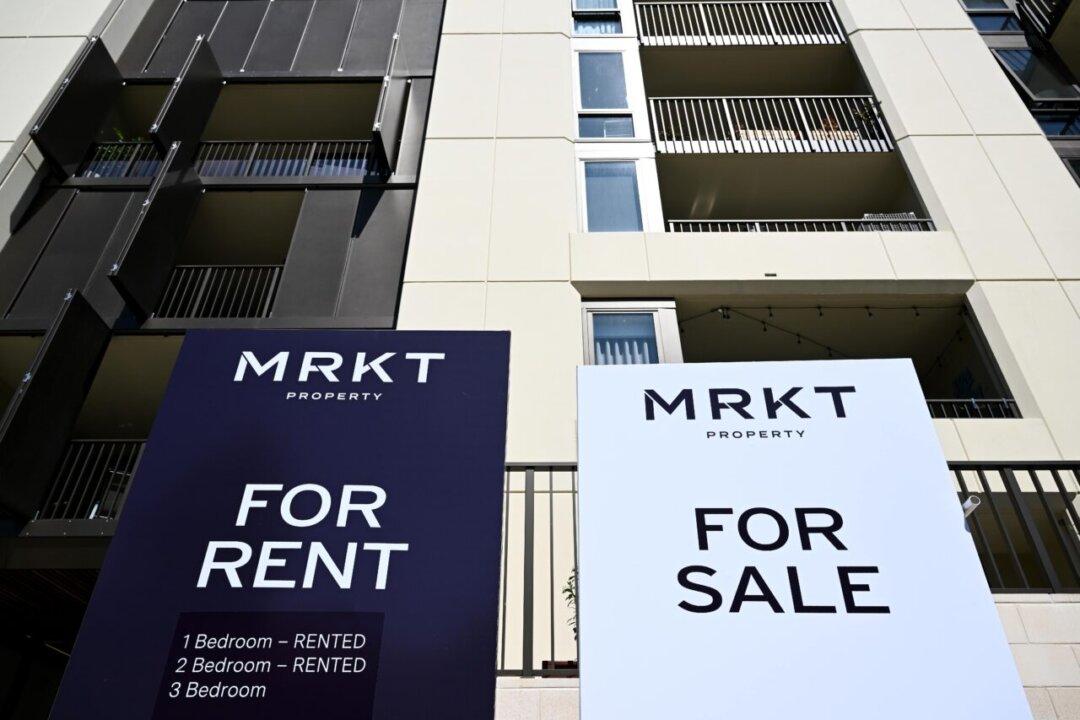Months after jumping on a military plane to escape the Taliban takeover of Afghanistan, Bahara Samimi was rushing to catch trains to early appointments with Melbourne real estate agents.
The 23-year-old Afghan women’s national soccer team player and dentistry student was evacuated by the Australian government, landing in Brisbane for processing, then eventually settling in Melbourne in September 2021.





